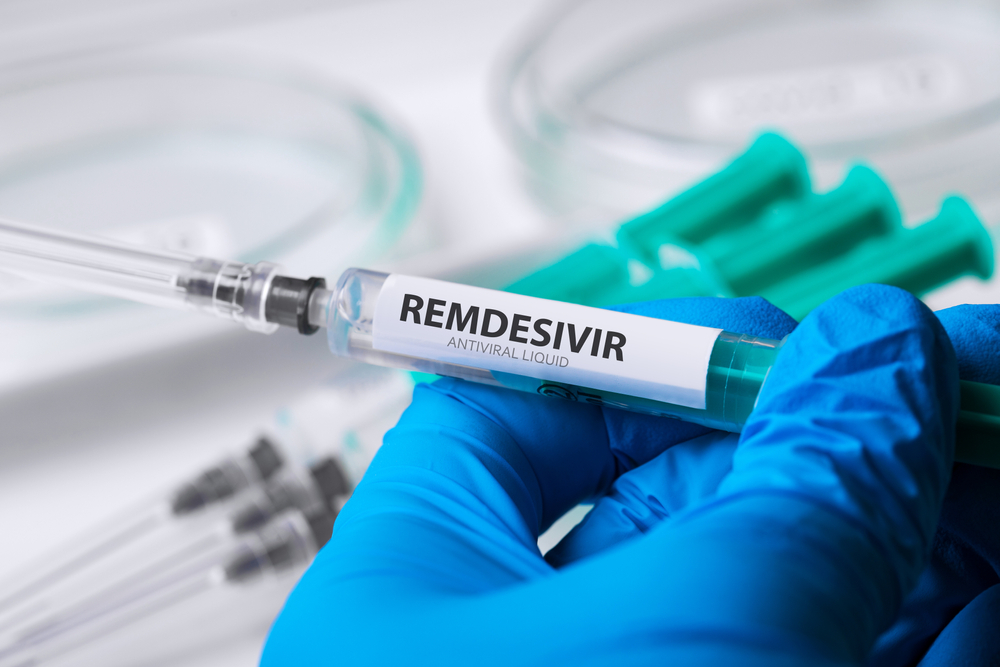
Animal testing of the Gilead Sciences Inc.-created antiviral Remdesivir showed promise against rhesus macaques infected with SARS-CoV-2, the virus responsible for COVID-19, National Institutes of Health (NIH) scientists said.
This study was led by the NIH’s National Institute of Allergy and Infectious Diseases (NIAID), and its immediate results were published on the preprint server bioRxiv. The NIAID noted that while the findings have not been peer-reviewed and should be taken as clinical advice, animal testing is a crucial part of weighing treatment options, especially as federal and private partners rush to find something that can halt COVID-19 without the time delays of the usual medical evaluation process.
Throughout this study, two groups of six monkeys were infected with SARS-CoV-2. One group went untreated, while the other was dosed with Remdesivir 12 hours after infection. They were subsequently given daily intravenous booster doses for six days. For the study, the treated group fared better than the untreated animals, experiencing only mild breathing difficulty and a much lower amount of the virus in the lungs. Their lungs were also less damaged by the virus.
The study shows that early intervention is vital to achieving the maximum treatment effect. Dangerously, though, the study highlighted the fact that though potential treatments might treat the impact of the virus, they do not stop its spread. Remdesivir helped prevent pneumonia in the monkeys but failed to halt its infectiousness — a warning to those who would equate clinical improvement with safety.




